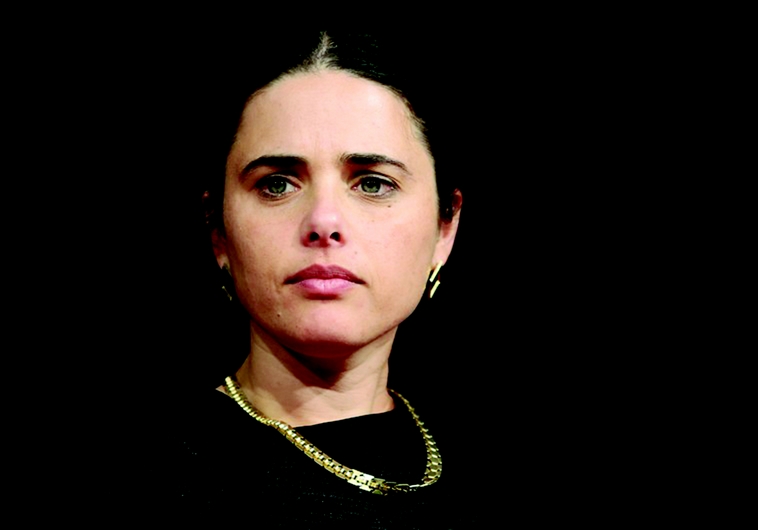Shaked: State prosecutors ignoring instruction to work with oversight czar ‘unwise'
Union instructed state prosecutors to boycott the oversight body despite orders from Shaked and Weinstein to cooperate with it.
 Ayelet Shaked, nouvelle ministre de la Justice(photo credit: MARC ISRAEL SELLEM/THE JERUSALEM POST)Updated:
Ayelet Shaked, nouvelle ministre de la Justice(photo credit: MARC ISRAEL SELLEM/THE JERUSALEM POST)Updated: